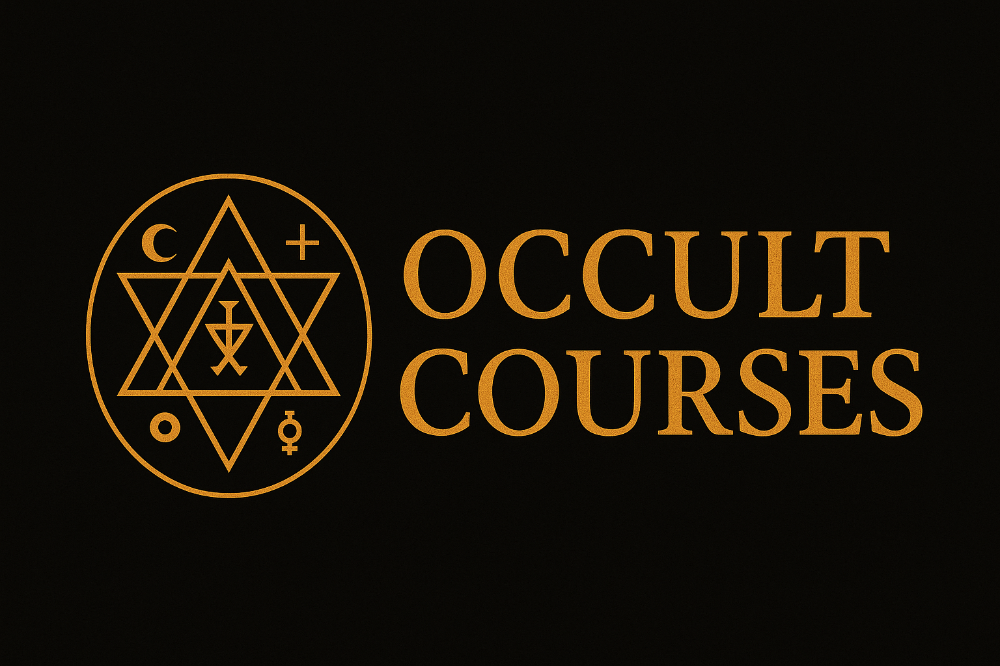Unraveling the Mysteries of Naamah and the Fallen Angels

The intertwining stories of Naamah and the fallen angels present a lesser-known exploration of biblical lore and Rabbinic traditions. I will delve into the complex narrative of Naamah, a figure often overshadowed by more prominent characters, and her connection to the fallen angels. I will explore the various interpretations and traditions surrounding Naamah, her ties to Cain, and the implications of her actions on the heavenly realm.
Who is Naamah?
Naamah, or Ne'ama in Hebrew, is a character whose story varies significantly across different texts. In the Bible, she is introduced in Genesis 4:22 as the sister of Tubal Cain, a descendant of Cain known for his skills in metalworking. The scripture provides minimal details about her, merely identifying her as a family member within a lineage marked by violence and sin.
However, the Jewish tradition offers a more complex view of Naamah. In the exegetical text Bereshit Raba, some rabbis suggest that Naamah was Noah's wife, a figure
...Lilith: Unveiling the Night Demon

Lilith’s story is one steeped in mystery and complexity. Often overshadowed by more prominent figures in ancient Jewish stories, she she is a powerful entity that defies categorization.
The Origins of Lilith
Lilith’s origins are uncertain, but she is often considered a primordial being, a demon, or even a goddess. In the Jewish tradition, she is frequently identified as the first wife of Adam, created simultaneously with him. Unlike Eve, who was made from Adam’s rib, Lilith was formed from the same earth as Adam, symbolizing equality. This equality, however, led to her rebellion against Adam’s perceived dominance.
In many interpretations, Lilith embodies the essence of femininity that refuses to be subjugated. Her departure from the Garden of Eden marks a critical moment in history, as she chose autonomy over submission. This aspect of her character resonates with modern feminist ideals, positioning her as a figure of empowerment.
Lilith in the Book of Isaiah
The first explicit me...
Exploring Lilith: Unraveling the Jewish Context of a Mysterious Figure

Lilith: A Tale of Seduction, Rebellion, and Female Empowerment
As one delves into Jewish mythology and ancient texts, the figure of Lilith emerges as a mysterious and intriguing character. Steeped in mysticism, Lilith has evolved from an ancient demoness into a symbol of female empowerment and rebellion. In this post, I will discuss the Jewish context of Lilith, shedding light on her origins, her roles in various texts, and her impact on modern culture.
The Origins of Lilith in the Jewish Context
Lilith's story can be traced back to the Babylonian Talmud, an essential source of Jewish law and tradition. While she is not explicitly mentioned in the Torah, her name is mentioned in the book of Isaiah, 34:14, " And the wild-cats shall meet with the jackals, and the satyr shall cry to his fellow; yea, Lilith shall repose there, and shall find her a place of rest." This is the only time she is mentioned in the bible, and there is controversy behind this. Even still, this verse alone was e...

